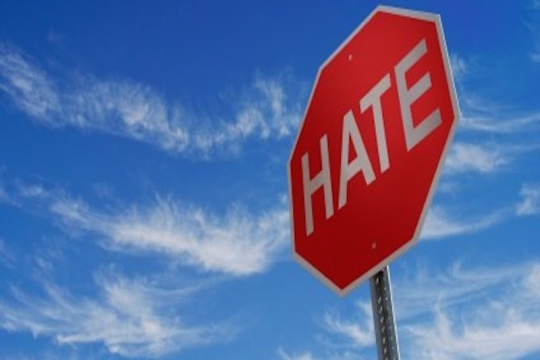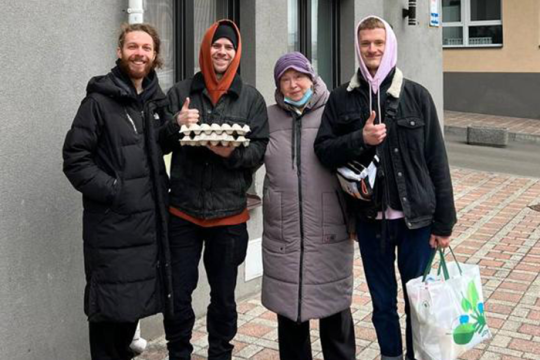
There is much talk of forgiveness these days, particularly in the wake of the sentencing of Dzhokhar Tsarnaev, perpetrator of the Boston Marathon bombing, and the arrest of Dylann Roof, the accused perpetrator of last week’s devastating shooting at a church in South Carolina. Family members of the victims of both tragedies have spoken movingly of forgiving those who took the lives of their loved ones. As Jews, when are we expected to forgive? Should we – and can we – forgive Tsarnaev and Roof? What wisdom does our tradition offer as we consider these questions?
Repentance and forgiveness are central to Judaism and Jewish life. Judaism encourages us to reflect upon the ways we may have strayed from doing the right thing in our relationship with God and in our relationships with our fellow human beings, and to do all we can to right our wrongs.
God can forgive us for sins we have committed against God, but only other human beings can forgive us for the sins we have committed against them. When we have made efforts to reconcile with those against whom we have sinned, we can hope to be forgiven and to have our relationships restored.
The Talmud teaches us that when someone seeks our forgiveness with sincerity, we must work to overcome our own resentment and hurt in order to be able to grant their request. The Talmud teaches, "One who overcomes their natural tendencies (i.e. to hold onto a grudge) and instead forgives, all their sins are forgiven” (Babylonian Talmud, Rosh Hashanah 17a). We are in fact obligated to forgive those who have offered an apology, sincerely repented, and tried to repair the damage their actions may have caused.
While we are not equally obligated to forgive those who have not done the work of repentance, known as teshuvah (turning), Jewish tradition still recognizes the value and spiritual, psychological, and communal benefits in seeking to do so. Included in a traditional Jewish prayer recited nightly before sleep are these words: "I hereby forgive anyone who angered or antagonized me or sinned against me, whether against my body, my property, my honor, or against anything of mine, whether he did so accidentally, willfully, carelessly, or purposefully whether through speech, deed, thought or notion…"
Indeed, we rest – and live – more easily when we have been able to put aside our anger and preoccupation with wrongs against us, and when we can hope that God might similarly find compassion for us.
There is, of course, the question of whether we can forgive the wrong done against another person on their behalf – including on behalf of someone who has perished as a result of the wrong. When asked whether he could forgive Nazis who murdered his little sister when she was a small child, the great Rabbi Abraham Joshua Heschel, who marched in Selma, AL, with Rev. Martin Luther King, Jr., responded, "No one can forgive crimes committed against someone else," suggesting that it was his sister who needed – and yet could not – be asked for and grant forgiveness.
As to whether Roof and Tsarnaev can or should be forgiven, there is no singular Jewish answer. According to Jewish tradition, those they hurt would be obligated to offer forgiveness for the crimes committed against them if the perpetrators were to offer sincere repentance and recognition of the harm they had caused, as well as to work to make reparations, and to show that they would never behave similarly in the future. In cases such as these, “those they hurt” – and thus, those who would be obligated to forgive them – could include family members, their cities, and our nation as a whole.
So far, however, there has been little to suggest that either Roof or Tsarnaev has taken even the first step toward seeking forgiveness (Tsarnaev's expression of regret for the suffering of the victims notwithstanding, as it was not accompanied by regret for his actions, thoughts about how he might begin to repair the damage he has done, or any wish to disavow such future actions by others whose ideas he shares).
Lack of obligation, though, does not preclude the possibility that we can wish for their repentance and turn of heart, nor does it prevent us from working to remove bitterness and hatred toward them from our own hearts. Offering such forgiveness may help us, both individually and communally, to move forward in positive ways.
Forgiveness for the pain inflicted upon those who survived is possible. According to some Jewish thought, though, forgiveness for the harm they caused to those whose lives they took may not be within our power.
Related Posts

A Letter to the Jewish Community

Holy Sparks: Celebrating 50 Years of Women in the Rabbinate

